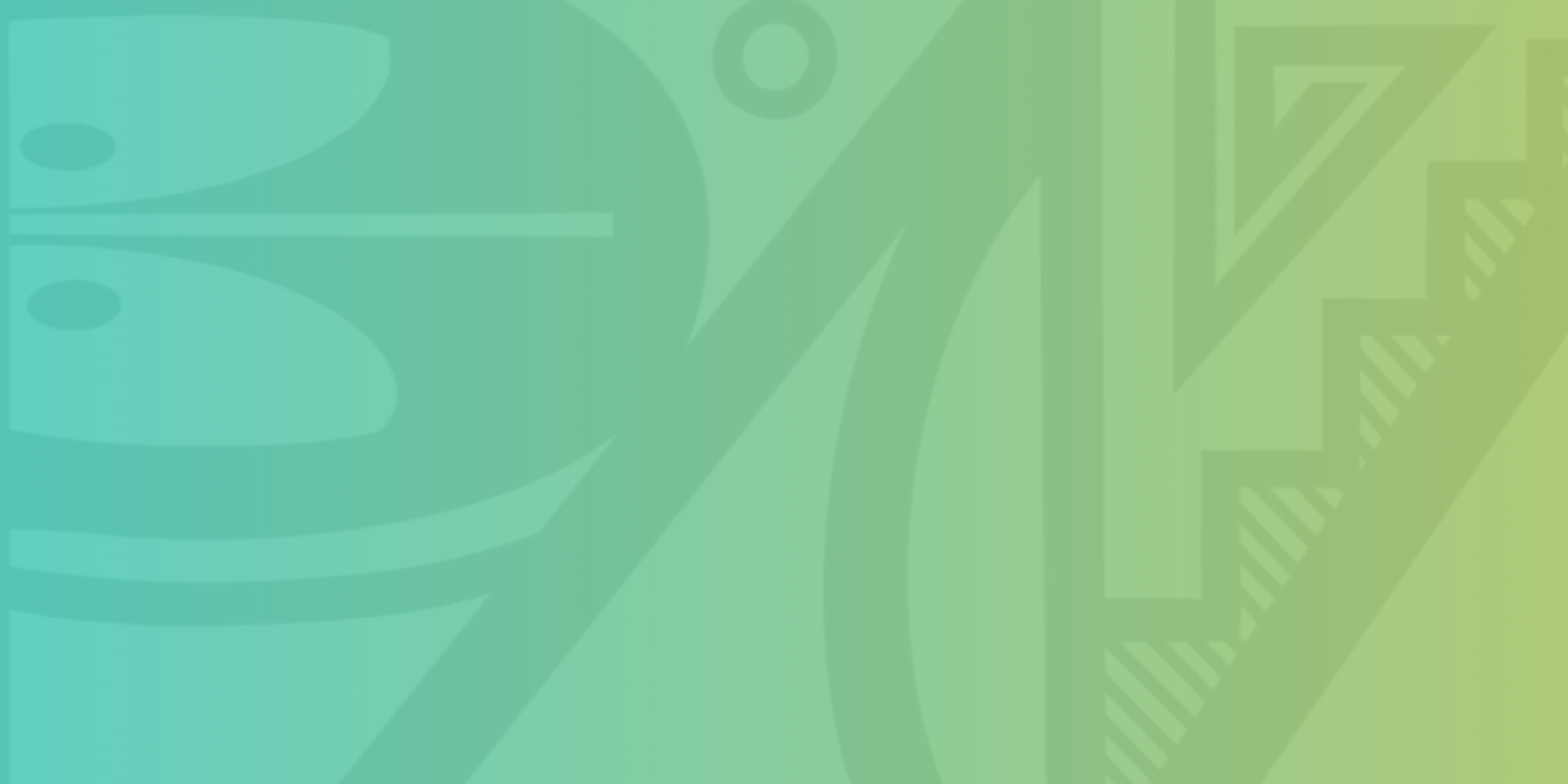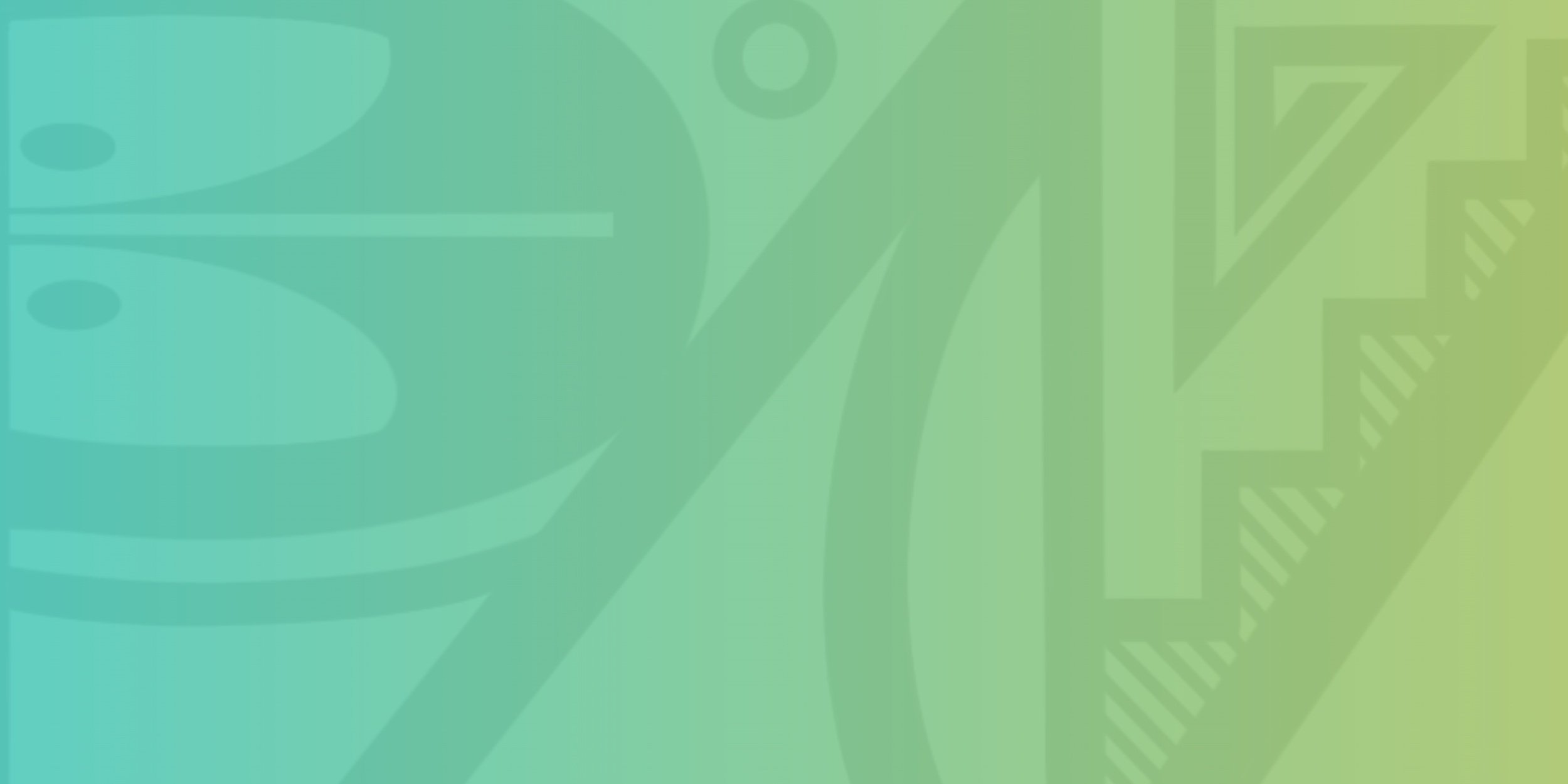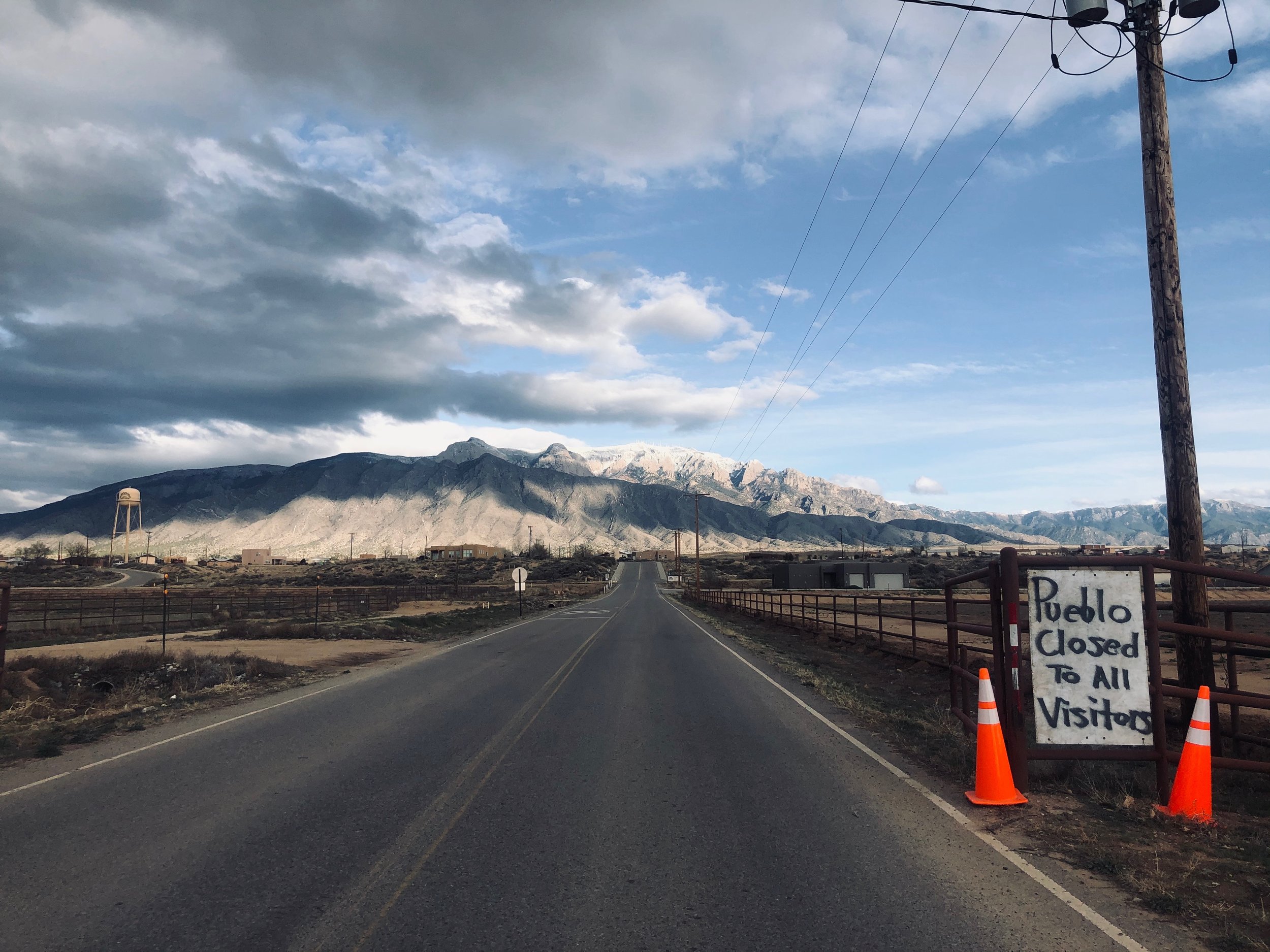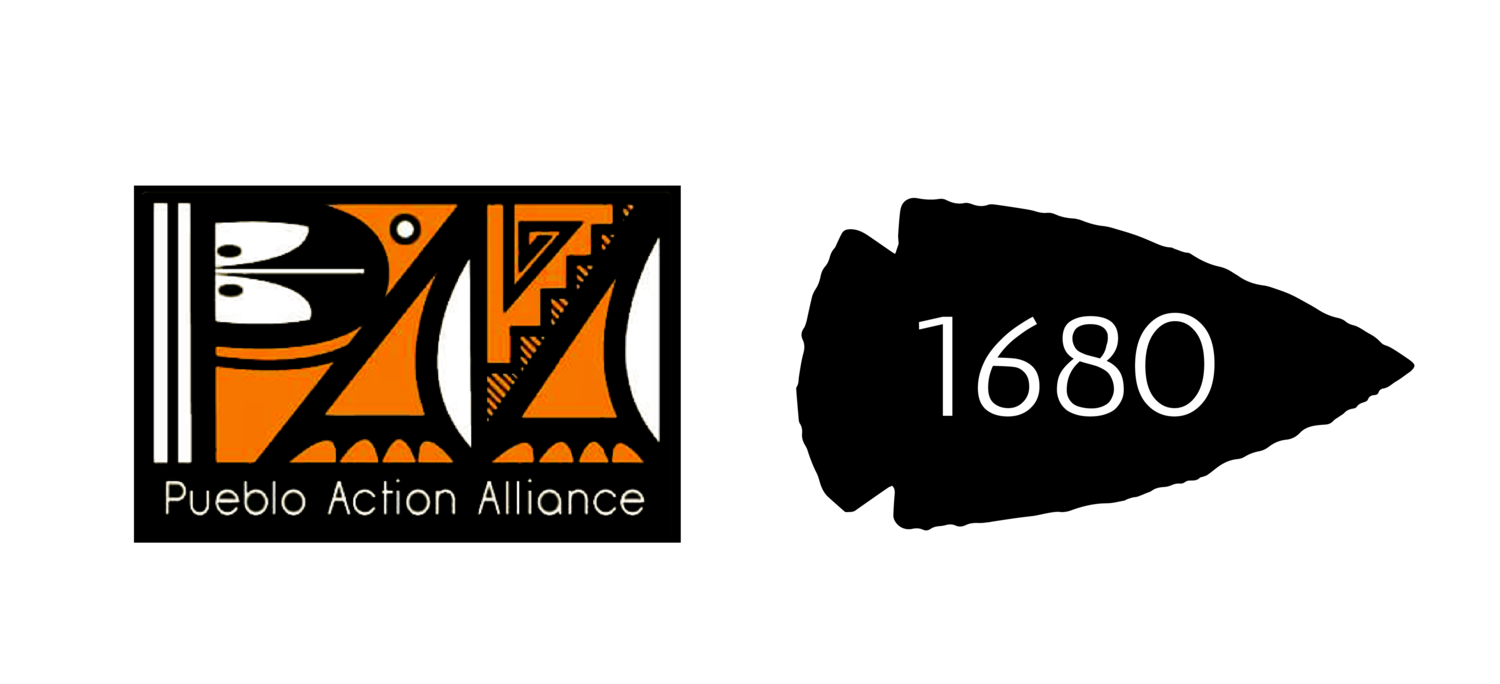
Indigenous
Community Defense
Cultivating lifelines, pride, and healing among Pueblo communities

Step into the heart of our revitalized Indigenous Community Defense Program. Rooted in a profound commitment to the resilience and empowerment of our cherished Pueblo communities, our initiative is a multifaceted program that engages in intergenerational community support to nurture and strengthen a culture of mutual aid, harm reduction, and community care.
PURPOSE
PAA’s Indigenous Community Defense (ICD) Program’s purpose is to bring a community defense practice into climate, environmental, social, economic and reproductive justice organizing spaces. ICD aims to center, empower and provide educational materials and resources to our communities to self-realize, and use the solutions that inherently exist within our value-systems and traditional lifeways to empower our relatives to act on them.

Support Us!
Support Us!
Sign up to hear about the latest opportunities to volunteer, support, and stay informed about the different ways our program is taking action locally.


Hon dobin a:ho’i - We are all one people (Zuni)
Hon dobin a:ho’i - We are all one people (Zuni)
Whee-dah ee-wah mah-yeh yu-nah bah-dah - We don't walk in this world alone (Taos)
Whee-dah ee-wah mah-yeh yu-nah bah-dah - We don't walk in this world alone (Taos)

ABOUT THE INDIGENOUS COMMUNITY DEFENSE PROGRAM
The Indigenous Community Defense (ICD) Program seeks to empower, invest in, and nurture a culture of support for Indigenous people to thrive — by connecting Pueblo families and youth to community care, vital supplies, and volunteer activities. We do this through 4 pillars that build lifelines for our communities.

Campaigns within the ICD program recognize our inherent ability to maintain a healthy community through our reciprocal relationships with the natural world and each other. Our values for the ICD campaign are rooted in communal care, protecting our most vulnerable populations, protecting sacred sites and places, empowering our communities to learn and unlearn stigmas that perpetuate oppression and white supremacy and providing educational materials on mutual aid, harm reduction, demilitarization, divestment from harm and investments in care economies, rematriation of earth, river mothers and matrilineal systems. Our relationship with the natural world and the belief systems we continue to carry into contemporary Pueblo culture allow us to plan and build real solutions.

Our people are innovative and have the imagination to create systems that work for us.
- Julia Bernal (Sandia Pueblo)

VALUES & VISION OF THE INDIGENOUS COMMUNITY DEFENSE PROGRAM
We recognize that our Pueblo communities have the knowledge and means to maintain balance with the natural world and build and maintain cultural preservation and sustainability. Indigenous Community Defense (ICD) is a communal and cultural understanding that we can do for ourselves in ways that align with our core values and traditional lifeways. Indigenous Community Defense uplifts our Indigenous Peoples Rights, Tribal Sovereignty, Self-Determination, Free Prior and Informed Consent (FPIC), community autonomy, cultural sustainability, historic and cultural preservation, harm reduction, mutual aid and community care to defend, build and protect our communities, lands and waters from the impacts of colonialism, climate catastrophe, economic despair, infrastructure collapse, habitat and biodiversity loss, cultural losses, language losses and public health impacts.
The current dominant paradigm offers actions around resiliency, in terms of community support and care. ICD goes beyond resilience practice in a way that refuses to accept colonial defeat or full assimilation into western culture. ICD promotes the resurgence of our Pueblo Indigenous worldview into the dominant paradigm where we position ourselves to make our own decisions for our communities based on our value systems and traditional lifeways.
We protect ourselves.

Community Care is Community Defense

“Community Defense means protecting Indigenous communities from further western colonization. It's vital because our cultural lifeways are sacred and need to be preserved for the next generation. This is a way to empower Youth to protect their identity, mental and spiritual wellness.” — Former Youth Justice Organizer, Jaelyn Littlebear (Tamaya)







